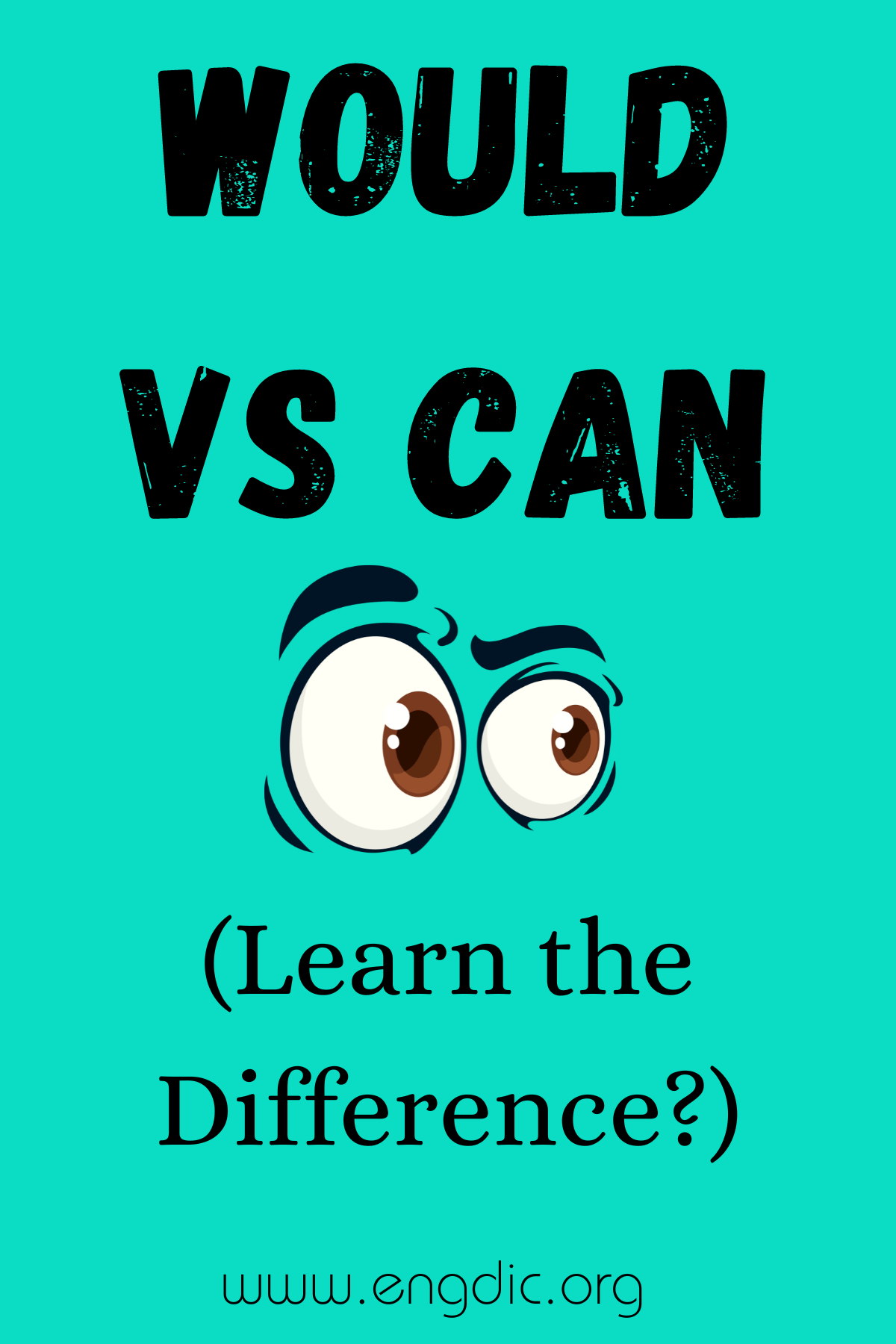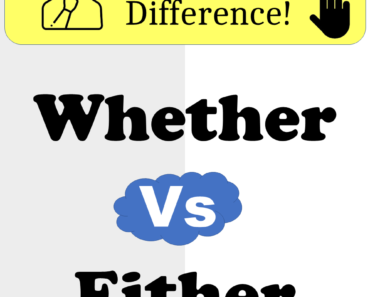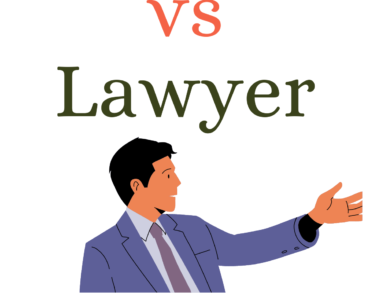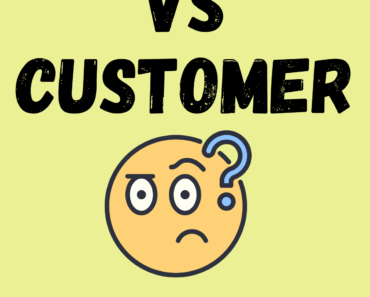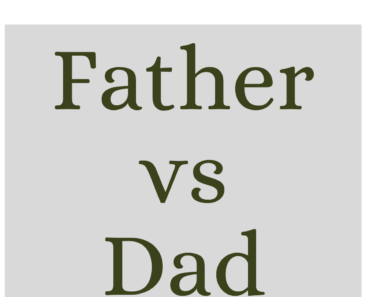The key difference between “would” and “can” lies in their usage related to possibility and willingness versus ability. “Would” is often used to express conditional or hypothetical situations, polite requests, or willingness to do something in the future.
It’s a form of the verb “will,” indicating a future intention influenced by specific conditions. Conversely, “can” refers to someone’s ability or power to do something at the present moment. It is used to state what is possible, whether due to skill, permission, or circumstances and is a form of the verb that directly addresses capability.
“Would” Explained
Definition
“Would” is the past tense of “will” but is commonly used in a modal form to indicate conditional moods, wishes, or requests. It expresses actions that are not guaranteed to occur, often dependent on certain conditions.
Usage and Examples
- Conditional Statements: “Would” is used to describe what someone might do under certain conditions. For example: “I would travel more if I had more money.”
- Polite Requests: It softens requests or desires, making them more polite. For example: “Would you mind closing the door?”
- Habitual Past Actions: It can also describe actions that were habitual in the past. For example: “When I was a child, I would play outside until it was dark.”
“Can” Explained
Definition
“Can” is a modal verb used to express ability, possibility, and permission. It implies that the subject has the means, knowledge, or capability to perform the action.
Usage and Examples
- Ability: “Can” expresses the ability to do something. For example: “She can solve complex math problems.”
- Permission: It is often used to ask for or give permission. For example: “Can I leave early today?”
- Possibility: “Can” also suggests that something is possible. For example: “It can rain later today, so bring an umbrella.”
